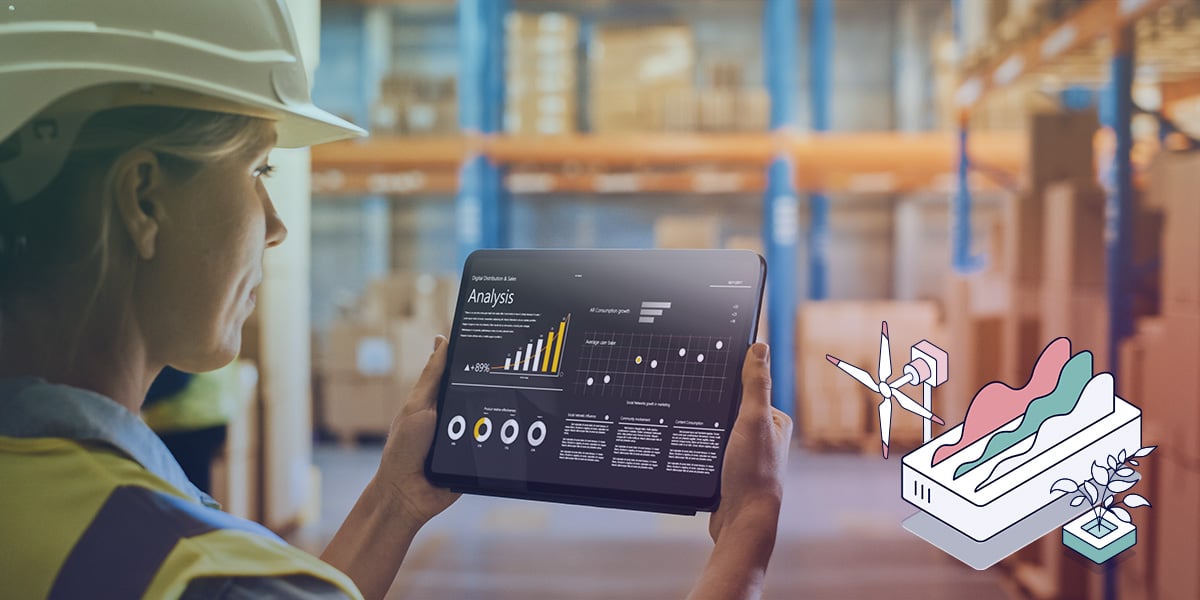
Some 50,000 companies doing business within the European Union (EU) will soon be compelled to report their carbon footprint across the supply and value chain as part of new set of sustainability regulations.
The Corporate Sustainability Reporting Directive (CSRD) will take full effect by June 16 2024. Among other measures, the legislation will require some 50,000 companies report on their past and present greenhouse gas emissions.
The CSRD is among a number of increasingly stringent requirements issues by global regulators which compel businesses to report on their environmental footprint. This creates more visibility around a company’s record on sustainability and can affect its relationship with its consumers.
A commercial advantage
Even without increasingly stringent reporting requirements, the commercial case for tracking emissions is clear. Eco-minded shoppers are prepared to spend more to buy from environmentally-friendly brands.1 Younger shoppers are leading the charge when it comes to sustainable shopping. A survey found that three-quarters of Gen Z shoppers see sustainability as more important than brand names.2
But sustainability is not just an issue for the young. Across all age groups, consumers claim to consider the environmental values of the brands they do business with. Some 78% of online shoppers say that they would be prepared to wait a week for their delivery if the retailer used a more sustainable shipping method.3
Now more than ever, businesses must convince consumers that they share their concern for the environment and are actively working to reduce their emissions.
How nShift can help
nShift Transport Management System (TMS) features a market-leading emissions tariff engine. Sourcing data from the Network for Transport Measures, it captures data for both Scope 1 and Scope 3 emissions.
This helps manufacturers, warehouses, logistics providers and retailers identify and use more sustainable transport options, meet their increasing regulatory requirements, and reduce their carbon footprint.
With nShift TMS, companies can:
- Make decisions on how to reduce their carbon footprints based on expected emissions values
- Create detailed reports to meet regulatory compliance requirements
- Conduct even deeper analysis using analytics business information tools
In 2022, nShift TMS’s emissions tariff engine won the bronze award in the ‘Best sustainability initiative” category at the Ecommerce Awards. It conforms to EN16258, ISO14083 & GLEC framework.
1https://www.the-future-of-commerce.com/2022/10/03/e-commerce-trends-2023/#section-3
2https://www.forbes.com/sites/forbestechcouncil/2022/12/05/what-recent-trends-say-about-sustainable-shopping-in-2023/?sh=490e14436fc0
3https://chainstoreage.com/how-much-do-consumers-care-about-sustainable-shopping
About the author




